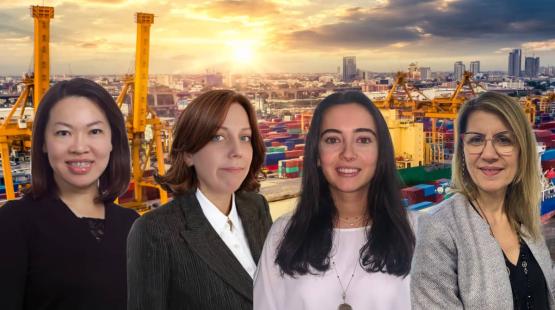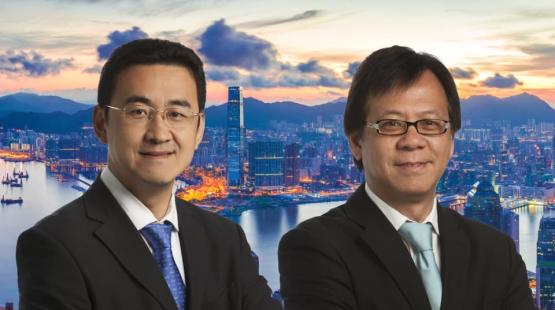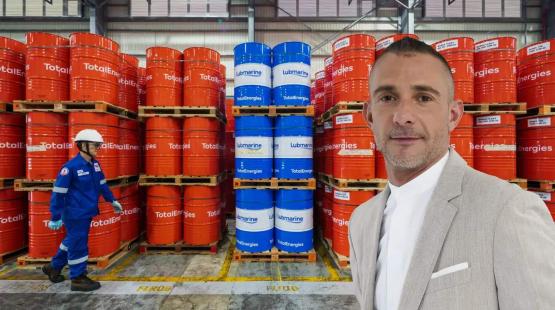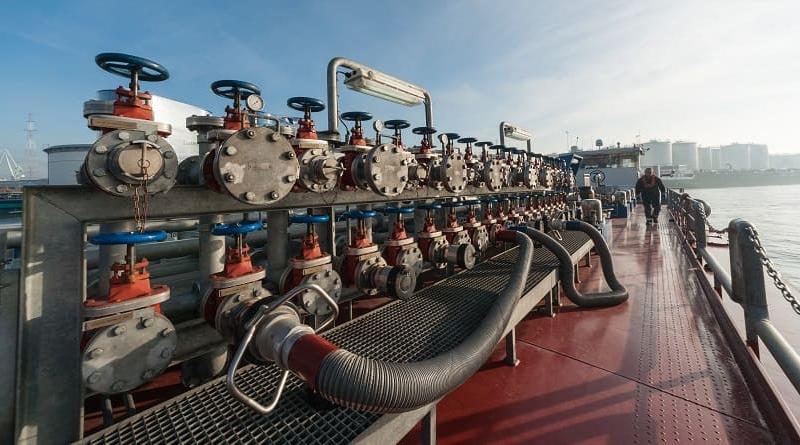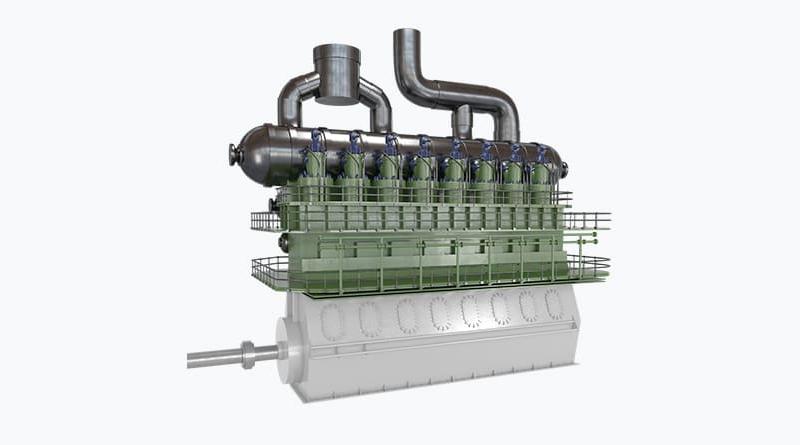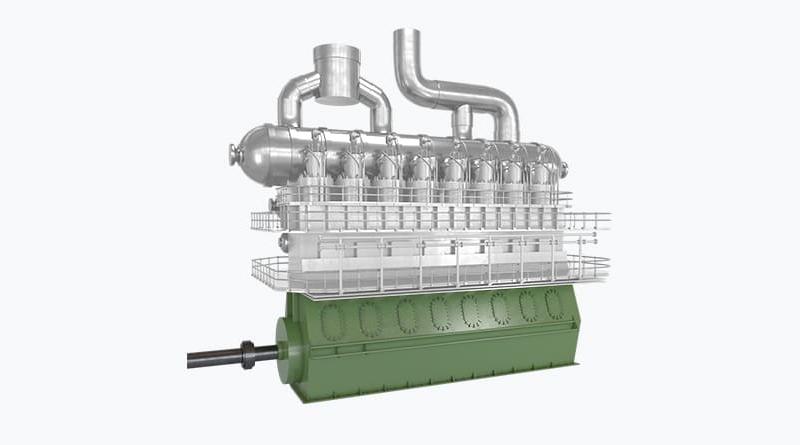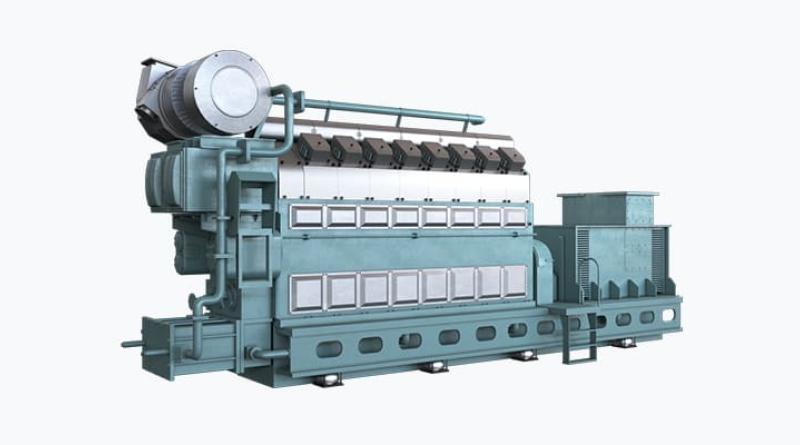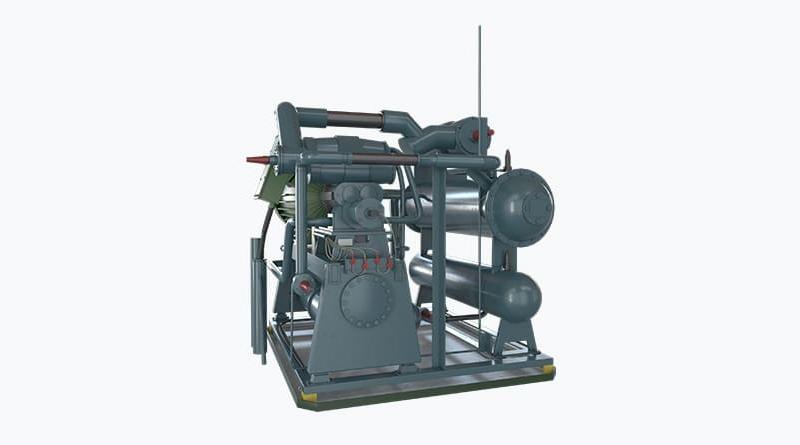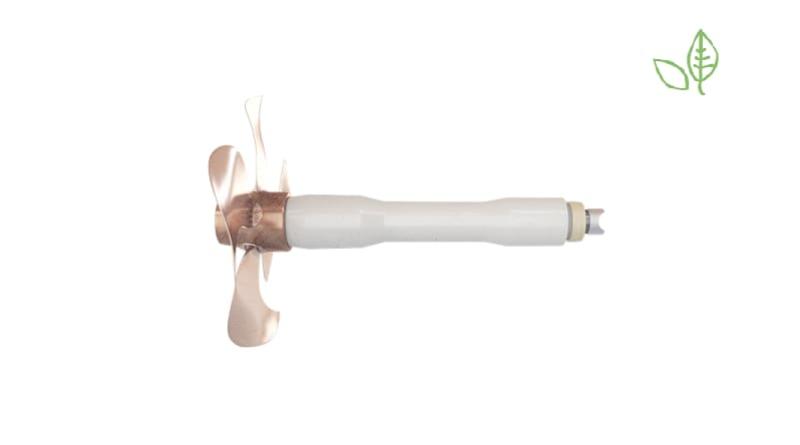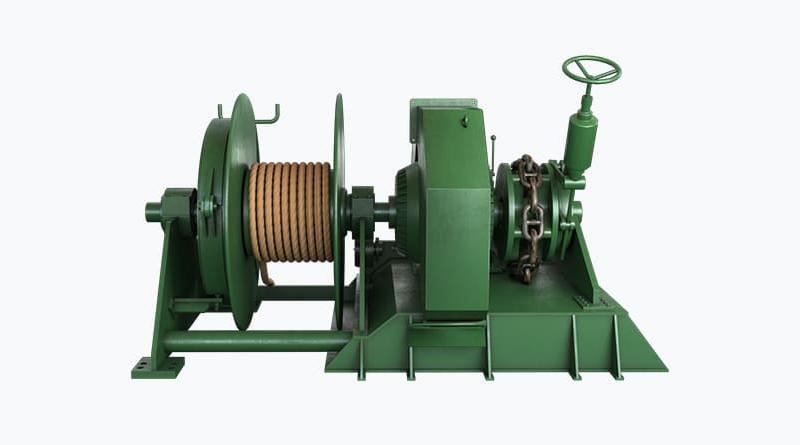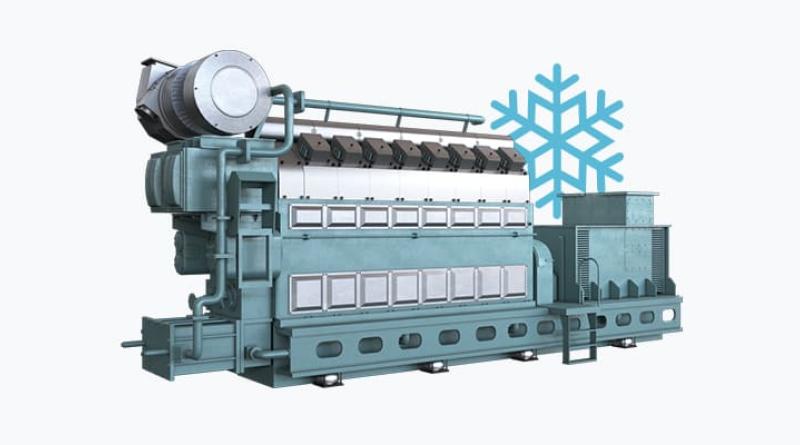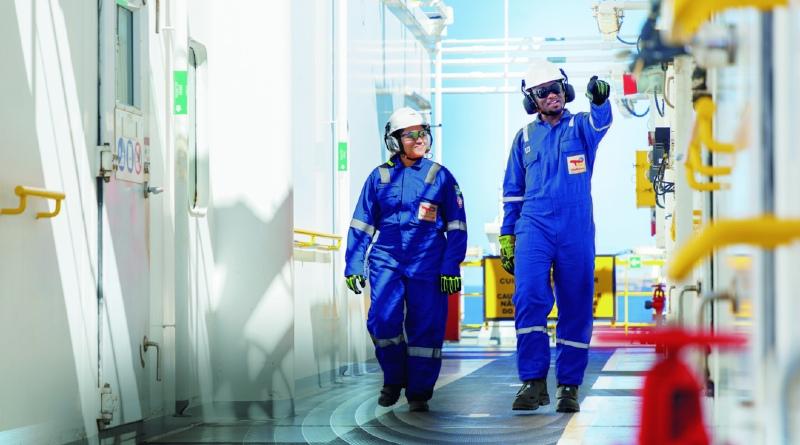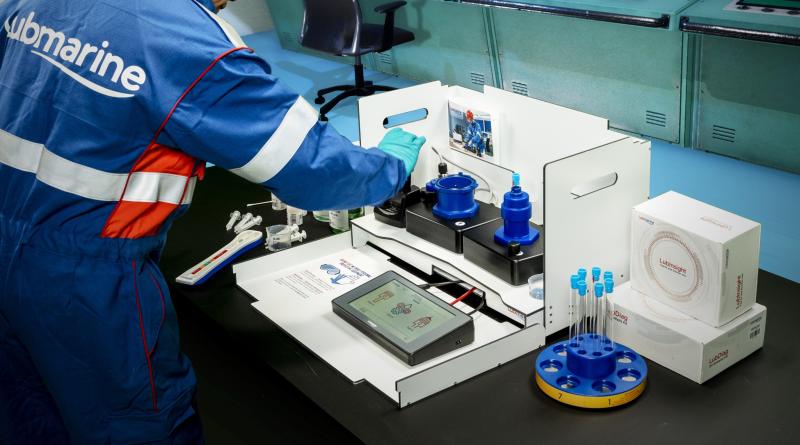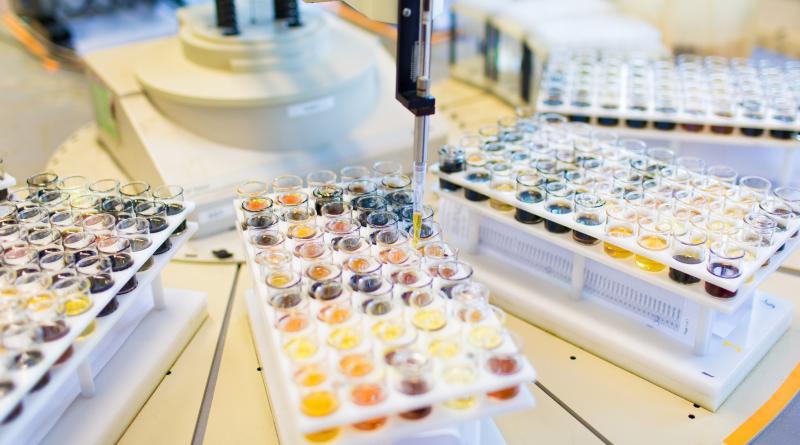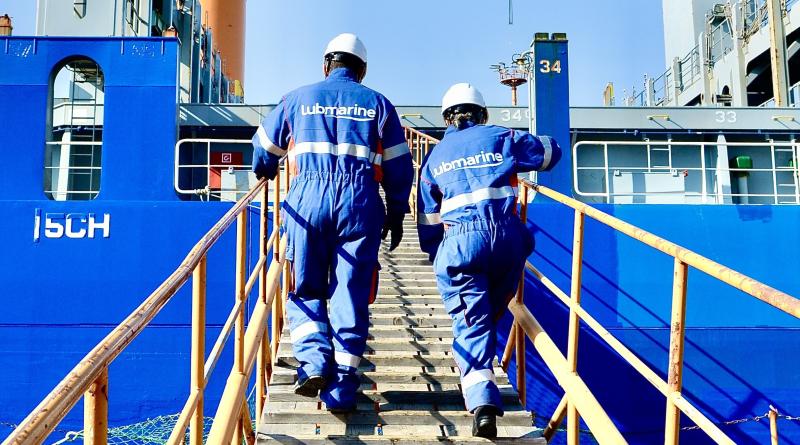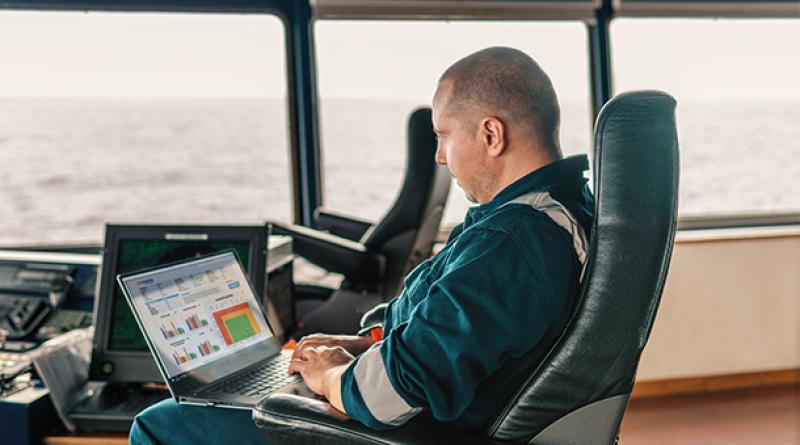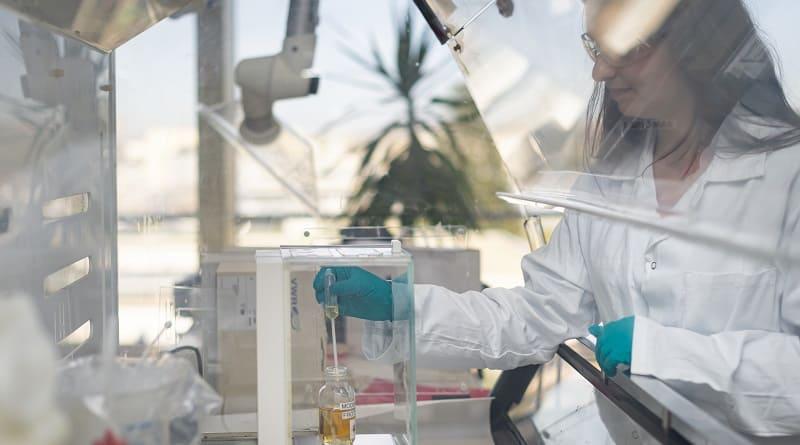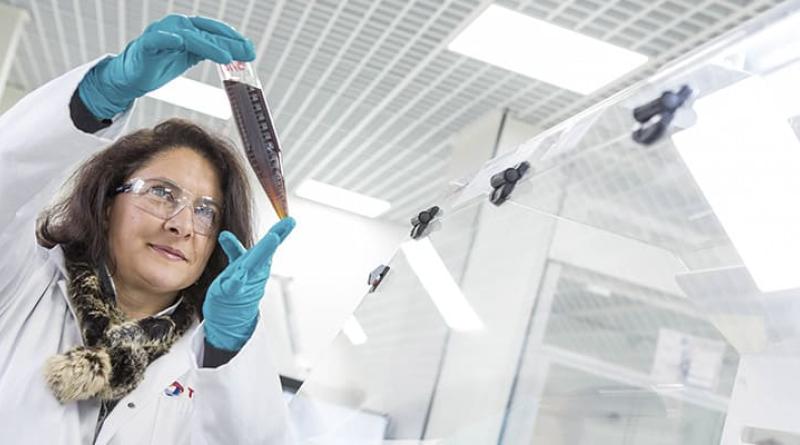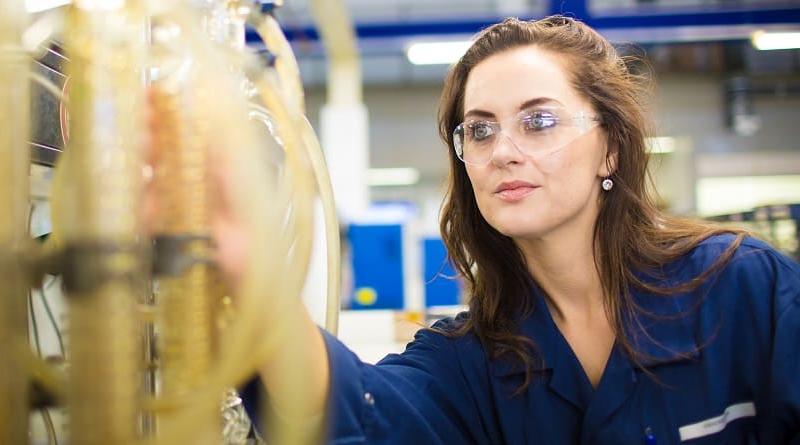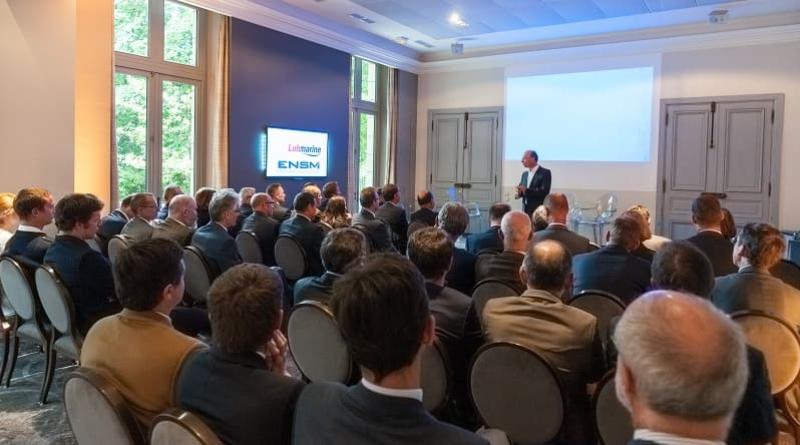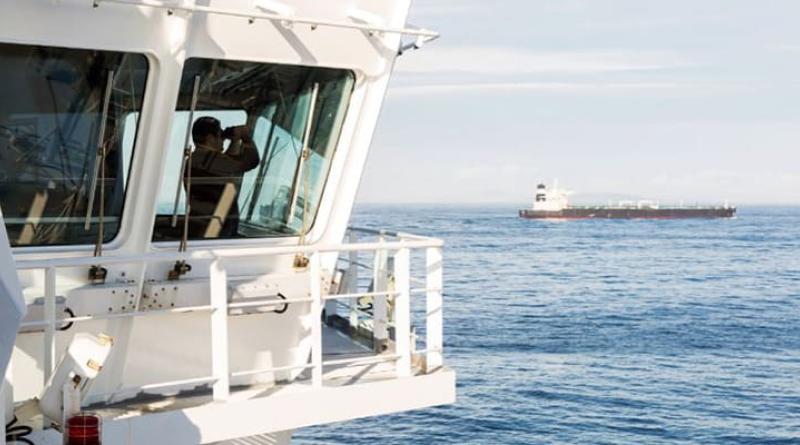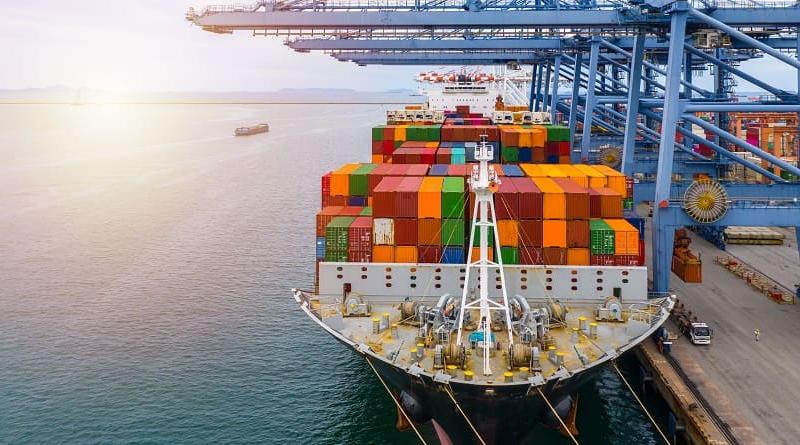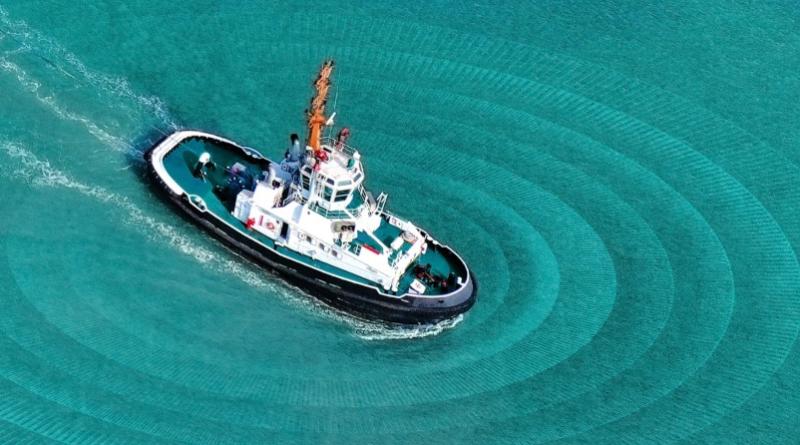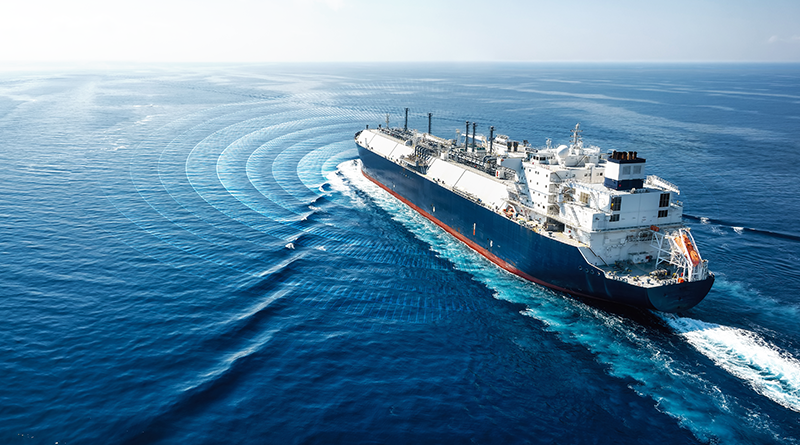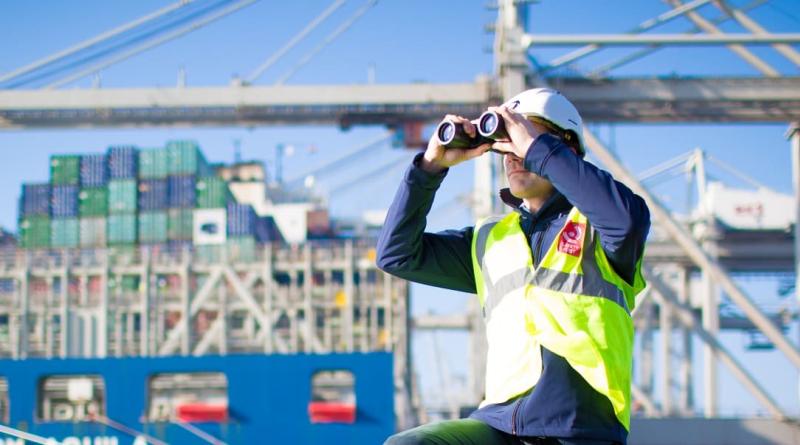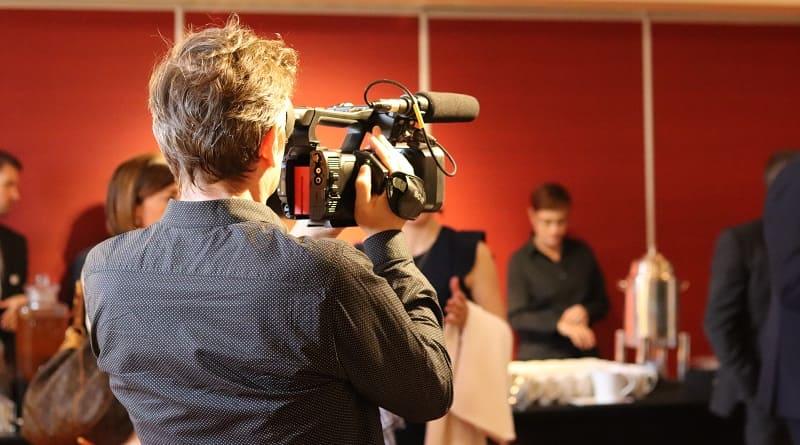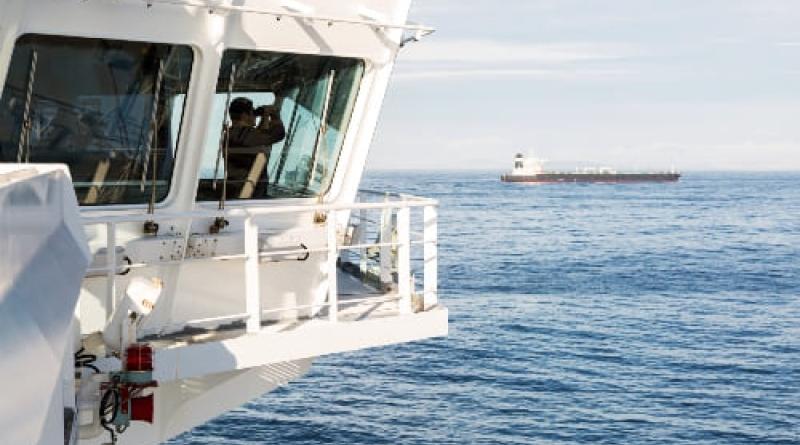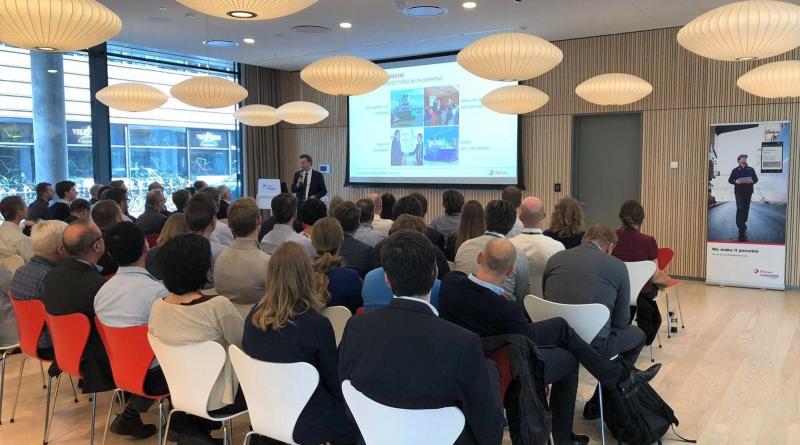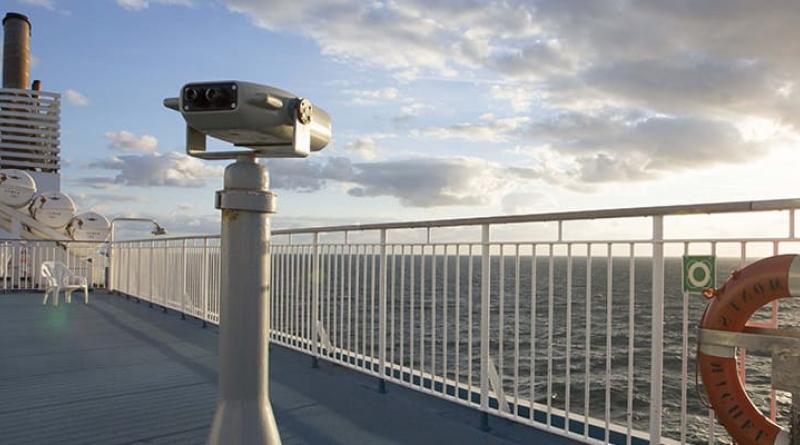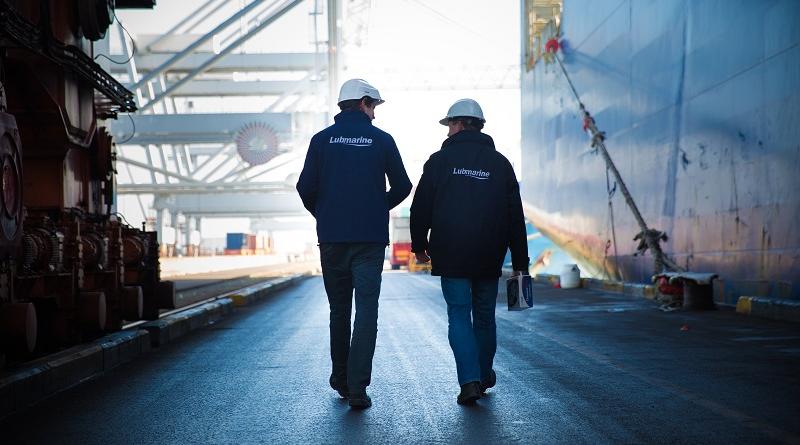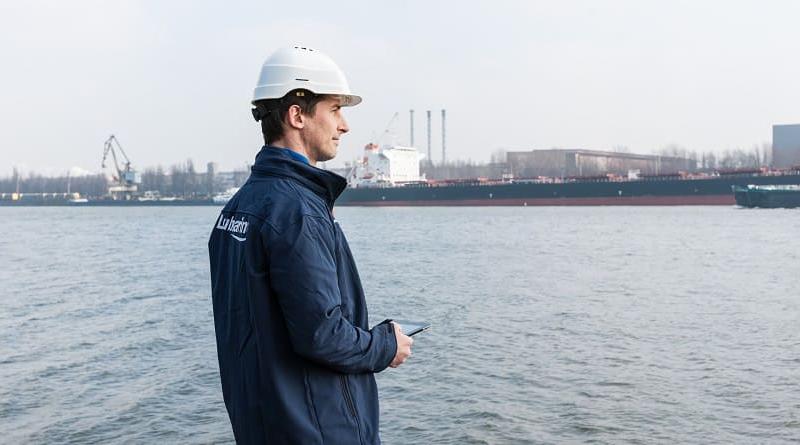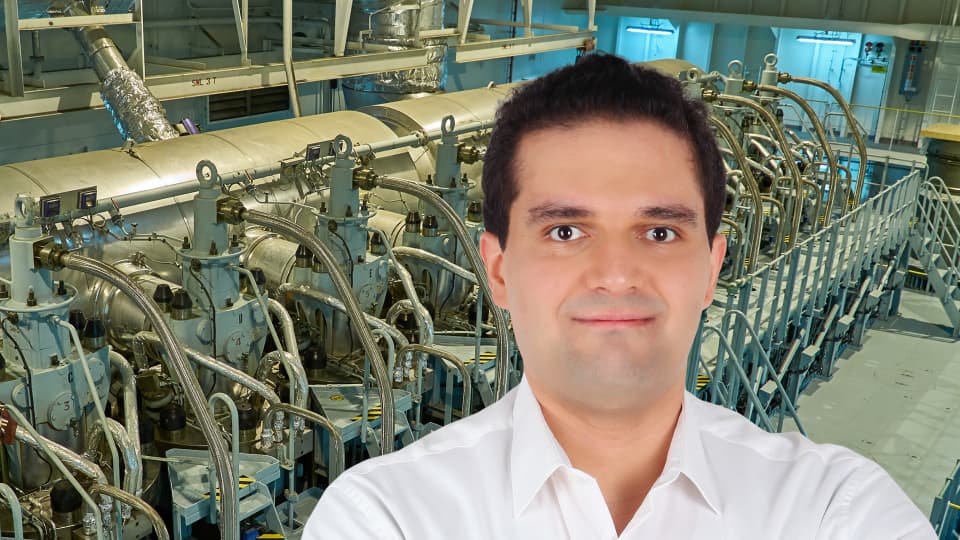
Having graduated from the Arab Academy for Science, Technology & Maritime Transport in Alexandria, Egypt in 2012 with a degree in marine engineering, Ahmad Salem built a career as a technical engineer in the marine chemicals sector, before joining Lubmarine’s team of global Marine Lubricant Engineers at the end of 2022.
Based in Dubai, Ahmad talks about his role, how he supports his clients on a day-to-day basis and discusses some of the challenges being faced in an increasingly multi-fuelled maritime industry.
What was it about the Marine Lubrication Engineer role at Lubmarine that attracted you?
Anyone working in the maritime industry in Europe and the Middle East knows about Lubmarine and its mother company TotalEnergies – because of its truly worldwide reputation. With my background in marine engineering and marine chemicals, when I saw the role, I was drawn to it immediately and was delighted to be appointed in the position at the end of 2022.
What are your main day-to-day responsibilities in terms of supporting clients?
As part of Lubmarine’s worldwide team of Marine Lubricant Engineers my main role is to support our customers and their crews, helping them optimize the performance of the lubricants they use on their vessels. We act as an essential point of contact for our customers and their teams whenever they need us regarding any technical questions, issues or challenges they may face.
We do this in several ways including reviewing lab analysis of oil samples taken on board and suggesting ways to improve a client’s lubricant strategy wherever it can be - through technical reports, insights and recommendations. The role also includes vessel visits during which we make sure the crew is aware of lubricant usage, and undertake field testing and engine inspections, collecting samples if required.
Aside the products and technical support, we keep on top of new requirements, new legislation, new targets and keep pace with international regulators and specification societies that may impact any aspect of a lubrication programme. So, it’s a very varied and very customer-centric role that I play – and it’s a very enjoyable one also.
What area are you responsible for?
I am part of the team that is responsible for the SEMEIA zone covering Southern Europe, Middle East, India and Africa, with four offices located in Paris, Istanbul, Milan, and Dubai. I am specifically responsible for the technical affairs of the Dubai office, handling the Middle East and India – which is currently a place of real growth from a maritime perspective.
India, for example, is seeing strong momentum in its shipping sector, with fleet owners actively expanding and modernizing their vessels to include dual fuel and alternative fuel capabilities.
We see more new vessels with dual fuel and new fuel capability in the orderbook – is this impacting your role in any way?
Certainly, the development of new engines and new fuels is changing expectations around lubricant performance. And no matter what fuel option an operator chooses, it doesn’t change the reality that an engine still needs to be lubricated. This is a transition time, and we are in a space of emergence. As new fuel solutions are developed, we must keep pace with those as we are part of the solution for our customers.
Whilst LNG has become widely established in recent years, the industry is now talking about biofuels along with Ammonia and Methanol. What we have seen through the adoption of LNG is that the relationships between a new fuel and new engine can impact lubrication optimization.
We recently saw the first large Ammonia-powered vessel go into service, and we are going to start seeing what the realities are in terms of lubricants and lubricant performance in the coming months and years as new fuel solutions go from sea trials and testing to real life situations.
One of the wider side effects of this new era, is that lubricants are now increasingly seen as a specialist product and not as a commodity product and our customers expect us to help keep them updated and require our support even more.
Are there other ways Lubmarine is supporting customers from a technical perspective?
We have the new digital services tools – including LubDiag - which is part of a suite of fully digitalized, interconnected global on-board lubricant sampling and testing services.
Through these we are trying to encourage and establish the practice of more proactive condition monitoring of engines and lubricants. These allow crews and operators to have a better understanding of what is happening on the vessel and in the engine from a lubrication perspective. With these digital diagnosis tools supported by our technical insights and training, customers can identify current lubricant status and act accordingly – should they need to - before any issues develop into problems.
It is a true measure of the protective and preventative mentality we are seeking to instil and a valuable addition to how we support customers.
When you are not working how do you like to spend your spare time?
Outside of work I love travelling and look to do this whenever I can. I am also keen on sports – in particular, football – I support Juventus and enjoy following their games - and also enjoy basketball.
